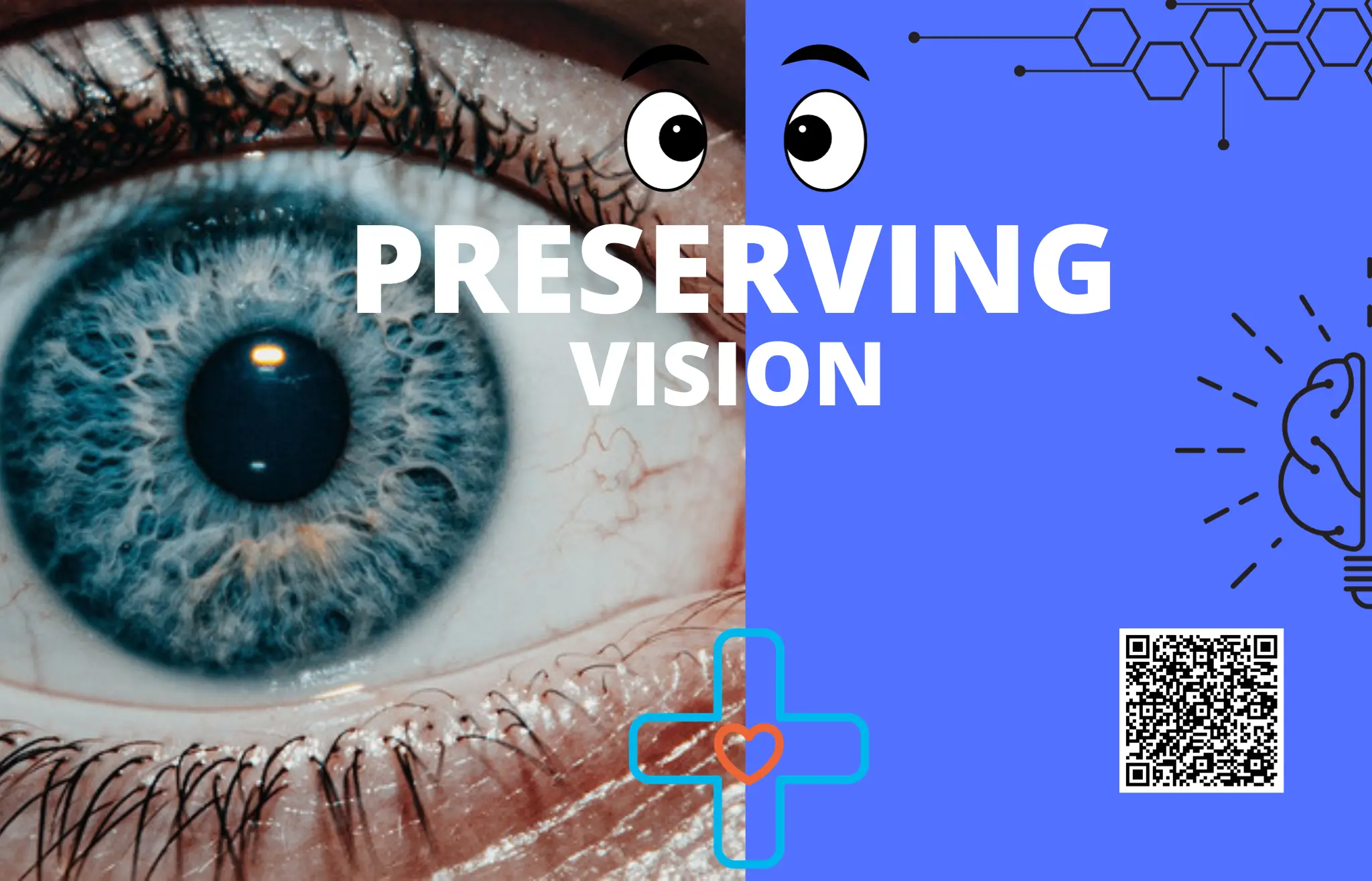

The Perils of Empty Stomach Sleep: Unveiling Health Risks
We’ve all experienced those nights when sleep comes knocking while our stomachs remain empty. Whether due to a late dinner or a busy schedule, going to bed on an empty stomach might seem harmless. However, this seemingly innocent habit can have significant implications for your health. In this article, we delve into the potential risks associated with sleeping on an empty belly and shed light on why it’s crucial to prioritize your body’s nutritional needs even before bedtime.
1 . The Digestive System’s Overnight Hiatus
The digestive system doesn’t clock out when we go to sleep; it continues to process food and extract nutrients. When you sleep on an empty stomach, the digestive system can enter a prolonged period of rest, impacting its efficiency. This can lead to discomfort upon waking, including feelings of nausea or even heartburn.
“15 Effective Tips to Improve Your Sleep Quality and Wake Up Refreshed”
2. Blood Sugar Balancing Act
During sleep, blood sugar levels can fluctuate. If you sleep without providing your body with a source of energy, such as a light snack, your blood sugar levels might drop too low. This can result in hypoglycemia, which can cause night sweats, shakiness, and disrupted sleep patterns.
3. Muscle Breakdown and Repair
Sleep is a critical time for your body to repair and rebuild tissues, including muscle tissue. When you sleep on an empty stomach, your body may break down muscle proteins to provide energy. This can hinder muscle recovery and growth, particularly if you engage in regular physical activity or workouts.
4. Metabolic Slowdown
Your metabolism doesn’t come to a halt during sleep; it continues to function to maintain essential bodily functions. However, going to bed hungry might signal to your body that resources are scarce, potentially leading to a slowdown in metabolic rate. Over time, this can impact your ability to maintain a healthy weight.
5. Cognitive Impairments
Sleep is vital for cognitive functions such as memory consolidation and mental clarity. Sleeping on an empty stomach might disrupt your sleep cycle and lead to fragmented or restless sleep. Consequently, your cognitive abilities, concentration, and mood could suffer the following day.
6. Gut Health and Microbiome Impact
Your gut health plays a significant role in your overall well-being, and going to bed with an empty stomach can influence your gut’s microbial balance. An inadequate intake of food can disrupt the diversity of gut bacteria, potentially leading to an imbalance in the microbiome. This imbalance has been linked to various health issues, including digestive disorders, weakened immune function, and even mood disorders.
7. Hormonal Imbalance
Eating stimulates the release of various hormones that regulate appetite, metabolism, and overall health. One such hormone is ghrelin, often referred to as the “hunger hormone.” Ghrelin levels typically rise when your stomach is empty, signalling to your brain that it’s time to eat. Ignoring these hunger signals and sleeping on an empty stomach can disrupt the delicate hormonal balance, potentially affecting your appetite regulation and metabolism.
8. Impact on Sleep Quality
While the discomfort of going to bed hungry is one concern, it’s also important to consider how an empty stomach might affect your sleep quality. Hunger pangs or discomfort can wake you up during the night, leading to interrupted sleep patterns. Poor sleep quality has far-reaching consequences, from mood disturbances to decreased immune function.
9. Balancing Evening Activities
The evening is often a time of winding down, but it’s also a window for nourishment. Balancing your activities in the evening to allow for both relaxation and a light meal or snack can ensure that you’re giving your body the support it needs for restorative sleep.
10. Mindful Eating Approach
While it’s advisable to have a light snack before bed, it’s equally important to practice mindful eating. Avoid binging on heavy, unhealthy foods right before sleep, as this can lead to discomfort and indigestion. Instead, choose nutrient-dense options that provide essential nutrients without overwhelming your digestive system.
“Unlocking the Secrets of Global Warming: Understanding, Impacts, and Solutions”
11. Seeking Professional Guidance
If you consistently find yourself going to bed hungry due to dietary restrictions or specific health concerns, consider consulting a registered dietitian or healthcare professional. They can provide personalized recommendations based on your individual needs and circumstances.
Tips for a Healthier Sleep Routine:
- Choose a Light Snack: Opt for a small, balanced snack before bedtime that includes complex carbohydrates and protein. This can provide a slow and steady release of energy throughout the night.
- Mind the Timing: Aim to eat at least an hour before bed to allow your body some time to start digesting the food before you lie down.
- Hydration Matters: While it’s important not to go to bed overly full, it’s equally important to stay hydrated. Sip water throughout the evening to prevent dehydration without causing discomfort.
- Avoid Heavy or Spicy Foods: Foods that are heavy or high in spice can lead to indigestion or acid reflux when lying down, so try to avoid them before bed.
- Listen to Your Body: If you’re truly not hungry, there’s no need to force yourself to eat. However, if hunger strikes, opt for a light and balanced option.
Conclusion
Sleeping on an empty stomach might seem harmless, but it can disrupt your body’s delicate balance and impact your overall health. Prioritizing a light and balanced snack before bedtime can help stabilize blood sugar levels, support muscle recovery, and promote better sleep quality. Remember, your body is constantly working to maintain optimal function, and providing it with the right nourishment, even during sleep, is a key aspect of maintaining your well-being.




